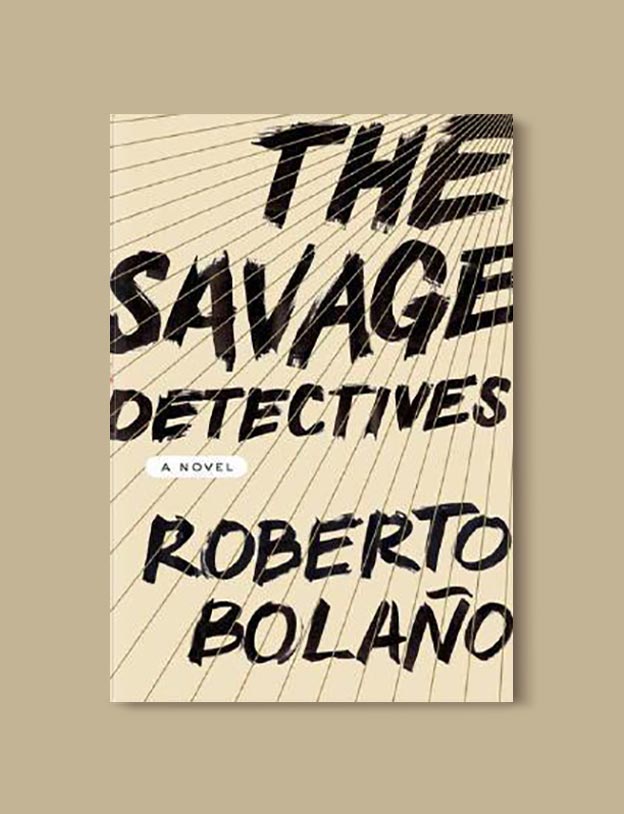

But before we learn of their progress, Bolaño introduces the ardent figure of 17-year-old hopeful poet Juan García Madero, offering a wonderful account of the fledgling artist’s plunge into Mexico City’s artistic world, energetic discovery of the multitudinous pleasures of sex and hard-won solidarity with the visceral realists, once he has learned (through tireless networking) that unqualified poets are being rigorously purged from the movement. In the course of founding a literary movement they label “visceral realism,” the pair undertake a quixotic journey hoping to find their predecessor, Mexican poet Cesárea Tinajero, known to have disappeared into the Sonoran Desert decades earlier. This almost aggressively literary novel, which won major Latin American literary prizes and follows into English translation several briefer works ( Last Evenings on Earth, 2006, etc.), evolves around the professional friendship of poet intellectuals Arturo Belano (an obvious authorial surrogate) and Ulises Lima. The search for a missing poet is the nominal subject of the late (1953–2003) expatriate Chilean author’s blazingly original 1998 masterpiece.


 0 kommentar(er)
0 kommentar(er)
